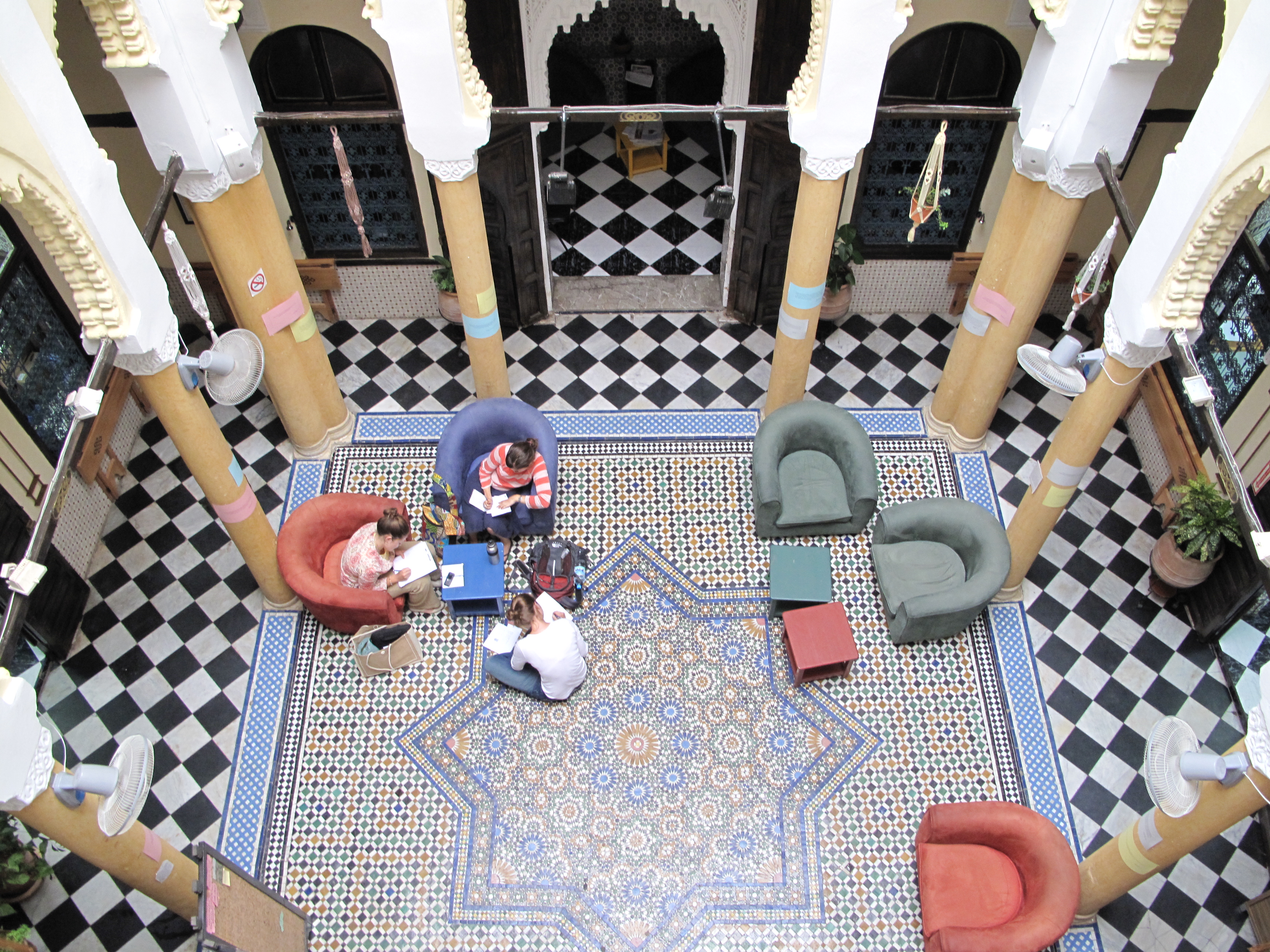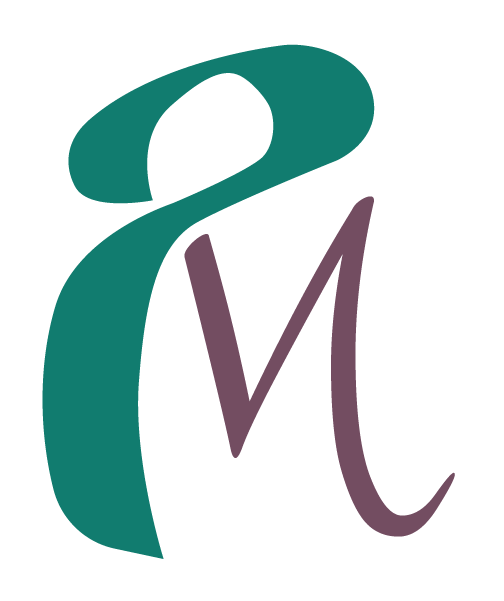Arabic Study Options
UPDATE JAN. 2023: The MLE collection of Arabic study opportunities will no longer be updated. Please continue to use it as a reference, but refer to the contact information of the various programs for updated information. Thank you!
With summer stretching before us, it’s time to take an updated look at Arabic study options. For some people, whose lives are affected by the academic calendar, summer represents an excellent opportunity for Arabic study (if this is not the case for you, you can still benefit from these ideas, keeping them in mind for after the summer if that works better for you). As I have shared before, I maintain a collection of all the Arabic study opportunities that come my way here. This collection can be a little overwhelming without any guidance. This post serves as a map for people searching for an Arabic study option that works for them. The collection is divided into different countries, as well as Remote (online only) options. The Remote category is further divided into Adult (college students and above) and K-12 (children and students from about age 4 to about age 18). Some of the K-12 options include in-person components and these are noted, but they are still all categorized within the “Remote” section of the collection because most of them are online.
K-12 Options
First consider your motivating factors. What are your goals? Is this just for fun? Does the class need to include a particular dialect (to enable communication with Arabic-speaking family members, for example)? Does the class need to focus on reading (to enable reading of sacred texts, for example)? Clarifying goals first makes it easier to sort through the options.
In-person programs are available in Atlanta (Alif Institute), Philadelphia (Al-Bustan), Minnesota (Concordia Language Villages), and other sites through Startalk (search here, using the “Filter” options on the right side of the screen to filter results by grade level, location, and Arabic or other languages). For free online options, see the WKU self-paced Beginning Arabic course here, as well as ebooks available from عصافير here. The latter is also available as an app for devices (aside from desktop computers), but the interface is all Arabic, so it will be easiest to use for families with at least one Arabic speaker to navigate it.
For during school sessions, If you are interested in studying Arabic or another language that is not available in your school, there is one program to my knowledge that will provide online language classes during school time through public schools: World of Learning (at no extra charge to students and families).
For K-12 students, I highly recommend benefiting from a program (like any of the above) instead of hiring a private tutor. Students benefit from the structure of a set program and interaction with peers whenever possible. In addition, the fees for a private tutor can be an obstacle for both the family and the tutor. It is only a viable solution in rare cases, thanks to the rise in online and in-person opportunities for organized language study.

Adult Options
Again, first consider your motivating factors. What are your goals? Is this just for fun? Does the class need to include a particular dialect (to enable communication with Arabic-speaking family members, for example)? Does the class need to focus on reading (to enable reading of sacred texts, for example)? For a free online option, see the WKU self-paced Beginning Arabic course here. For options in the Arab World, I have collected information for Egypt, Jordan, Morocco, Qatar, Oman, Tunisia, the UAE, and Yemen. Amideast offers programs in Jordan and Morocco, and both in-person and online. In Europe, I only have INALCO in Paris. For the Americas, there are college/university and summer camps listed. Remote Adult options include dialect representation from Egypt, Jordan, Lebanon, Morocco, Oman, as well as Modern Standard Arabic and Quranic Arabic. For clarification concerning a particular program’s offerings, contact them for details. There are also Conversation/Tutoring opportunities listed in the collection here.
For during school sessions, If you are interested in studying Arabic or another language that is not available in your school, there is one program to my knowledge that will provide online language classes during school time through public schools: World of Learning (at no extra charge to students and families). If you like the look of this program but you are not enrolled as a current student anywhere, you can still contact them. They may be able to admit independent students for courses running through the academic year.
If you’re looking for funding and you are a student, first search out opportunities through your school (you may have an office of scholarships/grants/awards or an office of study abroad). Similarly, if you are a faculty or staff member at a college or university, or an employee in the private sector or government, check for support for language study and/or travel through your employer first. There is also a scholarship for language study available through Industry Arabic here.
Online apps/resources are listed in the collection here. For additional Arabic study/teaching resources, especially particular dialects, see my earlier post here. For fiction and non-fiction books that might appeal to Arabic learners, see here and here (looking for summer reading?). Kids & YA book recommendations here.
Finally, I’d like to recommend this book by Eve Bodeux, Maintaining Your Second Language: practical and productive strategies for translators, teachers, interpreters and other language lovers. This is the foremost resource for professionals in the T&I (Translation & Interpreting) language services sector, and is also applicable for teachers and others who are serious about keeping up language skills while living lives that include other responsibilities and language(s).
Still have questions? Or do you have an Arabic program or service that you want listed? Contact me!
